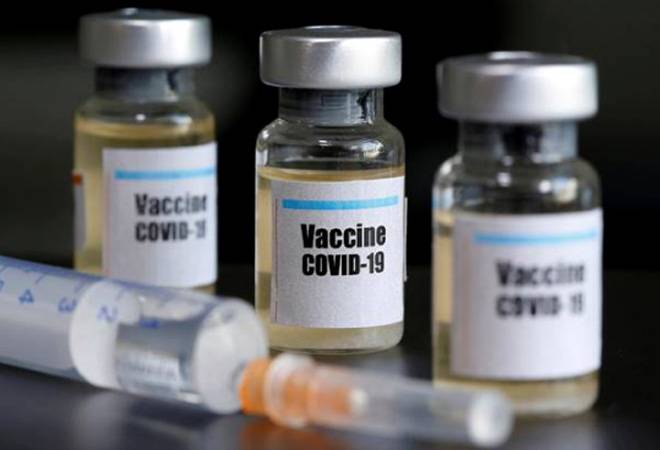NEW DELHI, Dec 17: In yet another incident of allergic reactions to Corona vaccine developed by the American pharma giant Pfizer along with its German partner, a health care worker in Alaska had stay overnight in the hospital for treatment of the symptoms that emerged within minutes of injecting the vaccine.
She, however, like the two British volunteers have completely recovered and is still advocating for the safety and efficacy of the vaccine.
The hospital sources said the middle-aged worker had no history of allergies but had an anaphylactic reaction that began 10 minutes after receiving the vaccine. She experienced a rash over her face and torso, shortness of breath and an elevated heart rate.
Doctor at the hospital’s emergency department said the worker was first given a shot of epinephrine, a standard treatment for severe allergic reactions. Her symptoms subsided but then reemerged, and she was treated with steroids and an epinephrine drip.
When doctors tried to stop the drip, her symptoms reemerged yet again, so the woman was moved to the intensive care unit, observed throughout the night, then weaned off the drip early morning. The doctor said the woman by then felt well, remained enthusiastic about the vaccine and was set to be discharged later in the day.
Although the Pfizer vaccine was shown to be safe and about 95 percent effective in a clinical trial involving 44,000 participants, the Alaska case will likely intensify concerns about possible side effects. Experts described the woman’s symptoms as potentially life-threatening and said that they may prompt calls for tighter guidelines to ensure that recipients are carefully monitored for adverse reactions.
Dr Paul Offit, a vaccine expert and member of an outside advisory panel that recommended the Food and Drug Administration authorise the Pfizer vaccine for emergency use, said the appropriate precautions are already in place. For instance, he said, the requirement that recipients remain in place for 15 minutes after getting the vaccine helped ensure the woman was quickly treated.
“I don’t think this means we should pause” vaccine distribution, he said. “Not at all.” But he said researchers need to figure out “what component of the vaccine is causing this reaction.”
Dr Jay Butler, a top infectious disease expert with the Centers for Disease Control, said the Alaska case showed the monitoring system works. The agency has recommended that the vaccine be administered in settings that have supplies, including oxygen and epinephrine, to manage anaphylactic reactions.
Millions of Americans are in line to be inoculated with the Pfizer vaccine by the end of the year. As of Wednesday night, it was unclear how many Americans have received it.
The Alaska woman’s reaction was believed to be similar to the anaphylactic reactions two health workers in Britain experienced after receiving the Pfizer-BioNTech vaccine last week. Like her, both recovered.
Those cases are expected to come up when FDA scientists are scheduled to meet with the agency’s outside panel of experts to decide whether to recommend that regulators approve Moderna’s vaccine, also based on same technology as of Pfizer’s and use the same ingredients, official sources said.
(Manas Dasgupta)

